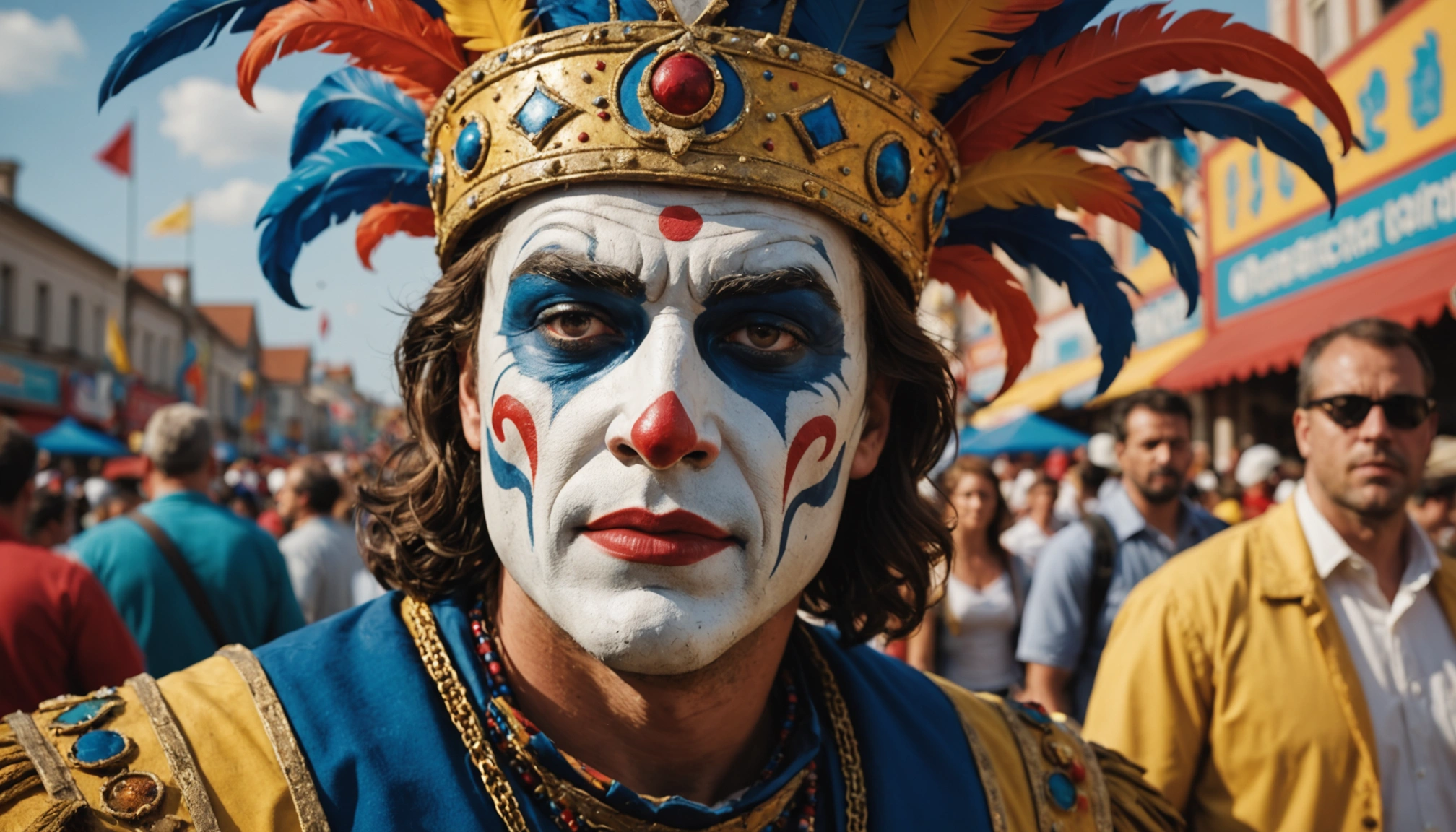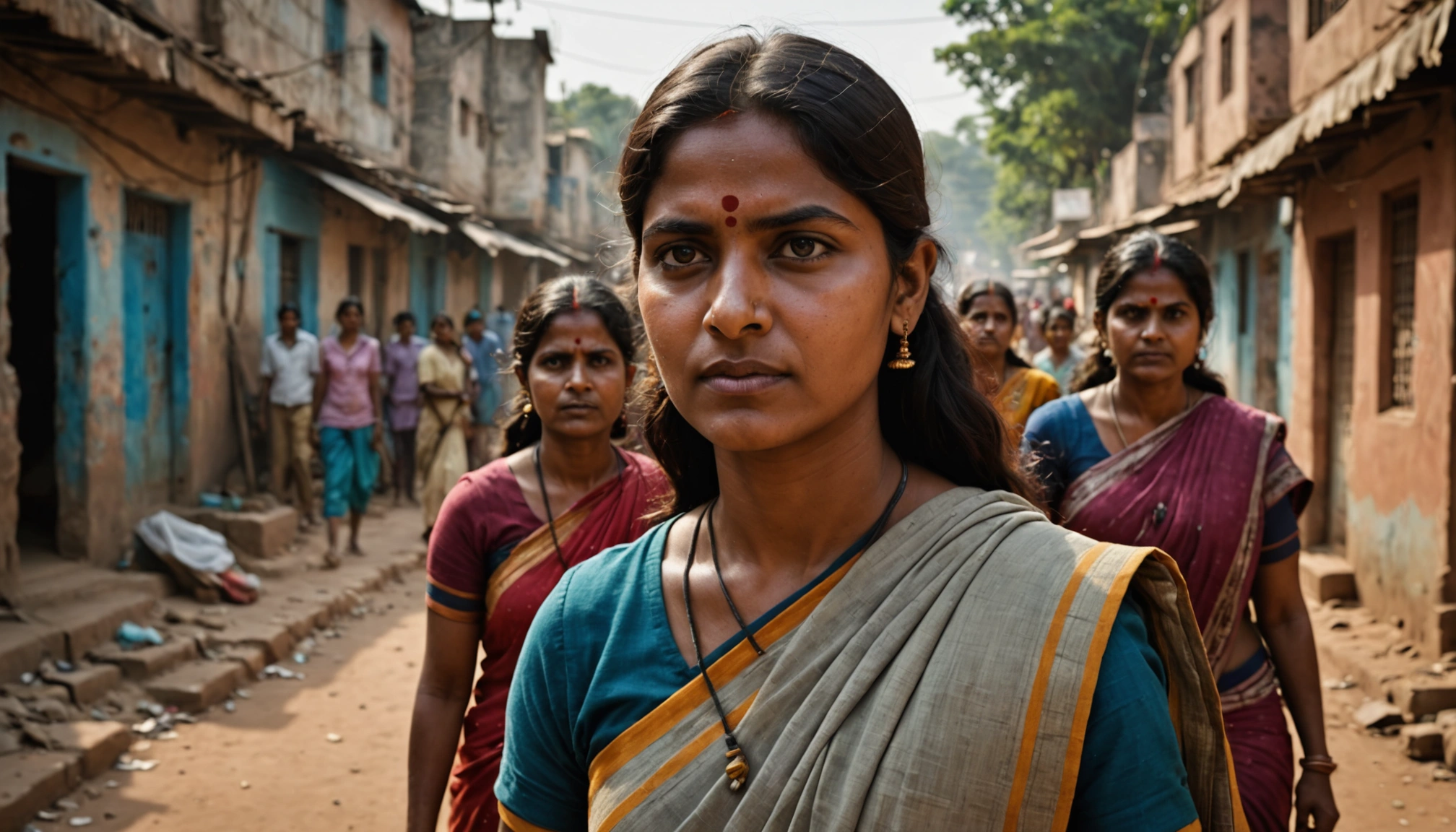Carnival: A Global Celebration Rooted in Ancient Traditions

Carnival, a vibrant and exuberant festival celebrated worldwide, marks a period of revelry and indulgence before the more somber season of Lent in the Christian calendar. Characterized by elaborate costumes, lively parades, street parties, and a general atmosphere of merriment, Carnival offers a temporary escape from everyday life. While often associated with Christian traditions, its origins are complex, tracing back to ancient pagan celebrations and evolving through centuries of cultural exchange.
Ancient Roots and Religious Influences
The precise origins of Carnival are debated, with some historians tracing its roots to ancient Mediterranean festivals. The Greek Dionysian festivals, honoring the god of wine and fertility, and the Roman Saturnalia, a mid-December celebration honoring the god Saturn, involved temporary release from social norms, feasting, and revelry. These ancient traditions provided a foundation for later Carnival celebrations.
The rise of Christianity brought new layers of meaning to the festival. The name "Carnival" itself is believed to derive from the medieval Latin phrases "carnem levare" or "carnelevarium," meaning "to remove meat." This refers to the practice of abstaining from meat during Lent, the 40-day period of fasting and penitence leading up to Easter. Carnival, therefore, became a final opportunity to indulge in rich foods and festivities before the Lenten season began. Shrove Tuesday, also known as Mardi Gras (French for "Fat Tuesday"), marks the last day of Carnival and the last day for observers to enjoy meat and other indulgences.
Global Variations and Cultural Expressions
Carnival is celebrated in over 50 countries, each with its unique traditions and cultural expressions. Some of the most famous Carnival celebrations include:
-
Rio de Janeiro, Brazil: The Carnival in Rio is arguably the most famous in the world, attracting millions of visitors each year. Its roots lie in the Portuguese colonization of Brazil, but the Indigenous and African cultures of Brazil heavily influenced the celebration. Samba music, elaborate feathered costumes, and energetic dance styles are hallmarks of Rio's Carnival. Samba schools parade through the city, showcasing their artistry and creativity in elaborate performances.
-
Venice, Italy: Venice's Carnival dates back to the 12th century and is renowned for its elaborate masks and costumes. The tradition of wearing masks allows people to set aside their everyday identities and experience a heightened sense of social unity. The Carnival of Venice was once the most famous, but Napoleon abolished it in 1797, and the tradition was only restored in 1979.
-
New Orleans, USA: In the United States, the principal Carnival celebration is in New Orleans, where the Carnival season opens on Twelfth Night (January 6) and climaxes with the Mardi Gras festivities commencing 10 days before Shrove Tuesday. The French name Mardi Gras means Fat Tuesday, from the custom of using all the fats in the home before Lent.
-
Trinidad and Tobago: Carnival first took shape in the late 18th century on the island of Trinidad and Tobago, emerging in a ritual called Cannes Brulees (French for “sugarcane burning”). Enslaved Africans purposefully set fire to sugar cane intended for sale, resisting plantation slavery through the the destruction of its valuable export commodity--sugar. Today, Carnival is an act of celebration for freedom throughout the entire Caribbean and the Caribbean diaspora across the world where people celebrate their culture and remember all the pain that their ancestors endured.
-
Cologne, Germany: In German-speaking Europe, the Carnival season traditionally opens on November 11 at 11:11 a.m. The Cologne Carnival, known as "Kölner Karneval," is famous for its street parades, costumes, and the tradition of throwing candy to the crowds.
The Significance of Carnival
Carnival holds different meanings for different people and cultures. For some, it is a religious observance, a final period of indulgence before the austerity of Lent. For others, it is a celebration of cultural identity, a chance to express creativity and community spirit through music, dance, and costume. Carnival can also be seen as a form of social commentary, a time when social hierarchies are temporarily overturned, and people can express themselves freely.
In many Caribbean nations, Carnival is a celebration of emancipation and freedom, commemorating the end of slavery and honoring the ancestors who fought for liberation. The music, dance, and costumes of these Carnivals often reflect the history and struggles of the African diaspora.
Economic and Social Impact
Carnival has significant economic and social impacts on the communities where it is celebrated. It generates revenue for local businesses, attracts tourists from around the world, and provides employment opportunities for artists, performers, and event organizers. Carnival also fosters a sense of community pride and strengthens social bonds.
However, Carnival can also present challenges. The large crowds and festive atmosphere can lead to safety concerns, and the cost of participating in Carnival can be prohibitive for some. It is important for communities to manage these challenges and ensure that Carnival is a safe, inclusive, and sustainable event.
A Continuing Tradition
Carnival, with its rich history and diverse cultural expressions, continues to be a vibrant and important tradition around the world. From its ancient roots to its modern-day celebrations, Carnival offers a unique opportunity for people to come together, celebrate life, and express their cultural identities. As societies evolve, Carnival will likely continue to adapt and transform, reflecting the changing values and priorities of the communities that celebrate it. The spirit of revelry, creativity, and community that defines Carnival will undoubtedly endure for generations to come.
Related Articles

Japan's Animation Industry Embraces AI to Combat Labor Shortages and Boost Creativity

